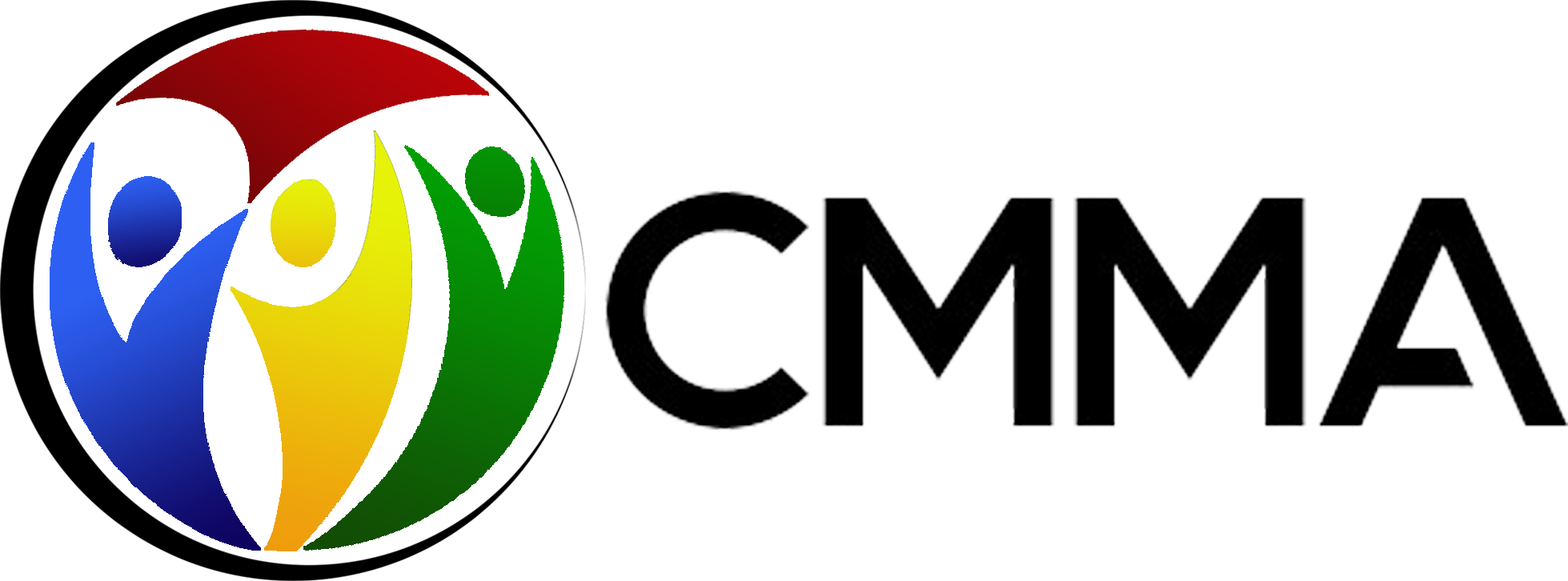The government increased protection efforts. The government reported identifying six trafficking victims – four confirmed and one presumed sex trafficking victims and one presumed labor trafficking victim – in 2022, compared with one trafficking victim – a presumed labor trafficking victim – in 2021. Of the six victims identified, all were foreign nationals: four Colombian women, one German woman, and one Colombian man. The government classified victims as “potential,” “presumed,” or “confirmed” victims; potential victims were typically associated with early-stage investigations and could not access support services, which the government only provided to presumed or confirmed victims. JIUMM and UMM could assign presumed status to potential victims; only UMM could confer confirmed status. These entities screened nine individuals initially assessed as potential victims of trafficking in 2022; by comparison, they screened fourteen potential victims, seven of whom did not receive presumed status, in 2021. The government reported civil society organizations facilitated the identification of and support for most victims in 2022; CMMA developed and implemented a new referral form to standardize this process. Victims identified through civil society organizations could remain anonymous during the government’s preliminary investigation. The government referred five victims to services in 2022, compared with one victim in 2021 and none in 2020. CMMA furnished in-kind support and coordinated with civil society organizations to provide medical care, legal support, and social services for trafficking victims; the government maintained informal agreements with local NGOs and private sector accommodations to shelter adult and child trafficking victims. Through these arrangements, the government could secure emergency short-term and, for adult female victims, longer-term shelter. In 2022, the government provided short-term shelter for one adult female victim at a civil society facility. The government drafted, but did not finalize in 2022, terms to formalize these agreements with shelter providers. There were no trafficking-specific shelters and officials reported shelter restrictions sometimes made it difficult to place certain victims, such as those with drug dependencies. Authorities could place unaccompanied child victims in foster care, and NGOs or local churches could accommodate adult male victims, although they did not do so in 2022. Officials conducted risk assessments before deciding whether victims could leave shelters unchaperoned; they restricted victims’ movement if their lives were threatened.
Authorities reported all five victims supported investigations into alleged trafficking crimes, compared with no victims participating in investigations or prosecutions in 2021. The government tied victims’ status and access to services to the associated criminal case against a trafficker. If prosecutors determined not to pursue trafficking charges, the government discontinued services for associated victims. Observers expressed concern that the link between victim assistance and the status of criminal proceedings against traffickers limited victims’ access to critical services. The government could deploy a multidisciplinary team of police, labor officers, immigration officials, and civil society representatives when investigations called for operations or site visits. The anti-trafficking task force (TMMA) continued to provide law enforcement and social services officials with a checklist of the most common signs of trafficking, which they used in concert with the QRCs. The government reported officials screened undocumented migrants, individuals in commercial sex, and other vulnerable groups for trafficking indicators; officials referred nine potential victims to JIUMM through screening efforts. Observers, however, expressed concern migrant detention center staff and other officials were insufficiently equipped to identify trafficking. The government had a basic victim referral mechanism; observers expressed concern the mechanism was unclear and could re-traumatize victims, citing an instance where a victim participating in a law enforcement investigation rescinded her support and left the country following repetitive interviews and frequent changes in housing. CMMA reported it continued to draft a comprehensive SOP governing victim identification, referral, and service provision with the support of an international organization; it had not adopted the SOP by the end of the reporting period. The government reported informally implementing some elements of the draft SOP; one identified victim benefited from a new 48-hour reflection period through this effort. CMMA’s civil society working group met monthly throughout the reporting period. The government reported it renovated an existing structure to create sleeping, living, and staff spaces at the site of its planned mixed-use shelter; the shelter did not open in 2022, pending furnishings for the renovated spaces and the construction of a second multi-purpose structure.
The law provided foreign victims the same protections as Arubans. The law authorized the extension of temporary residency status and work permit, valid for three to six months, for foreign victims on a case-by-case basis. The government did not provide temporary residency to any victims in 2022 or 2021; under current policies, foreign victims not participating in the trials against traffickers returned to their home countries, except when a safe return was not possible. The criminal code enabled victims to receive restitution during criminal proceedings or to file civil suits, to seek compensation not to exceed 50,000 florin ($27,780) for financial and emotional damages, although none did so in 2022. The Bureau of Victim Assistance operated a hotline for potential victims of all crimes, including trafficking; the government reported fielding one trafficking-related call to the hotline, which led to the identification of one victim, compared with three calls in 2021 and eight in 2020.
